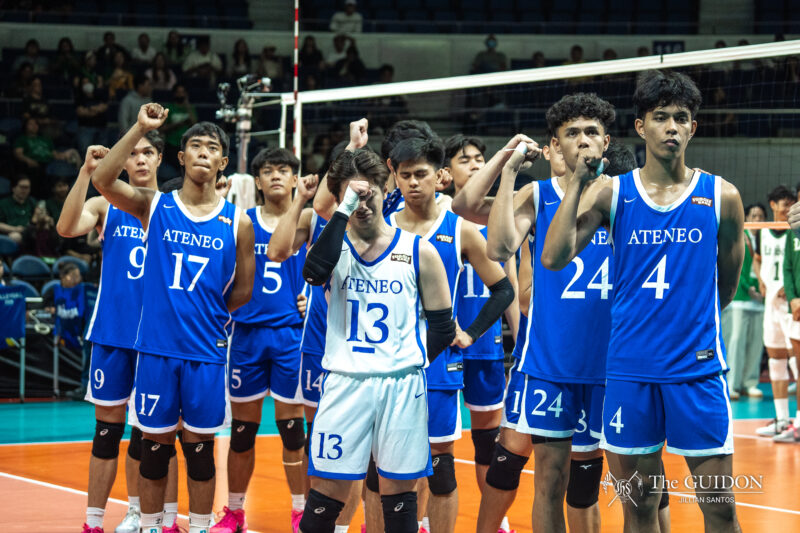FROM DECEMBER 6 to 9, the Dog House was abuzz with even more talk than usual. The noise wasn’t coming from idle chatter or organizations loudly promoting their events.
This time, it was from “The Agora,” a series of small group discussion organized by The Assembly. “Agora” literally means a popular political assembly.
For four days, students assembled at the Zen Garden to participate in discussions focused on Philippine democracy, political ideologies, and the role of students in the university, among others.
The event also promoted the Christian Union for Socialists and Democratic Advancement (Crusada), a new political party founded by Political Science majors.
“What we essentially wanted to do is to engage students on street-level politics [and] what people wanted to say, we make them accountable for it,” The Assembly’s Office of Research and Advocacy Head, Leiron Conrad Martija said.
Beyond PolSci
Martija said that the ultimate challenge during the event was for the organizers to get the students to speak up and elaborate on their responses.
“What we encounter most of the time [are] the single sentence-answers that really summarize everything they talk about…gusto naming himayin ‘yun eh. Kasi ‘pag hinimay mo yun, doon mo nakikita yung flaws (but we want to dissect those answers. If you dissect those, that’s when you get to see the flaws).” he said.
Agora gave the students a chance to voice out their opinions on issues that are typical discussed by political experts.
To do this, Martija said that the approach they took was throwing back the questions that the students were asking them. “This time, it’s their turn to answer.”
One of the facilitators of the discussion, junior Miguel Paolo Rivera, said that the event was also a way to bridge the gap between Political Science majors and non-Political Science majors who are interested in politics.
“Political Science majors have [been] criticized as being overtly academic in its language. These are students interested in politics, trying to engage other people who might not be interested in politics,” he said.
Rivera also said that they saw the enthusiasm of the students who engaged them in discourse.
“We know [that] there’s still an interest in student politics in the campus,” he added.
Concepts and context
The discussions were divided into two major concepts and scheduled on different days. Broad topics such as the concept of democracy were slated for December 6 and 8. On December 7 and 9, the organizers contextualized these political concepts into the campus-setting.
Martija said that event aimed to provide avenues for discussions of politics outisde the classroom.
Junior Vanessa Aotriz said that the event helped her grasp the difficult topics in her Political Science class. “I only attended the talk once but it helped me understand the topics we discuss in class a lot better. Now, I understand…the political jargon.”
Junior Lauren Camille Livelo shared the same sentiments. “Sometimes, [Political Science] concepts are confusing and hard to understand. The talk enlightened me on difficult ideas,” she said.
Good turn-out
Martija said that based on the turn-out of the event, The Agora should be held more regularly. “I think it was a good sign [that] Ateneans are willing to talk about issues.”
Rivera added that a good turn-out doesn’t necessarily refer to the number of participants and may refer to “the amount of interest.” He also said that he was delighted with the way the students engaged in discourse.
In 2011, the organization plans to continue the on-going PoliTalk which will focus on the 2011 budget and how it is spent by the government.






